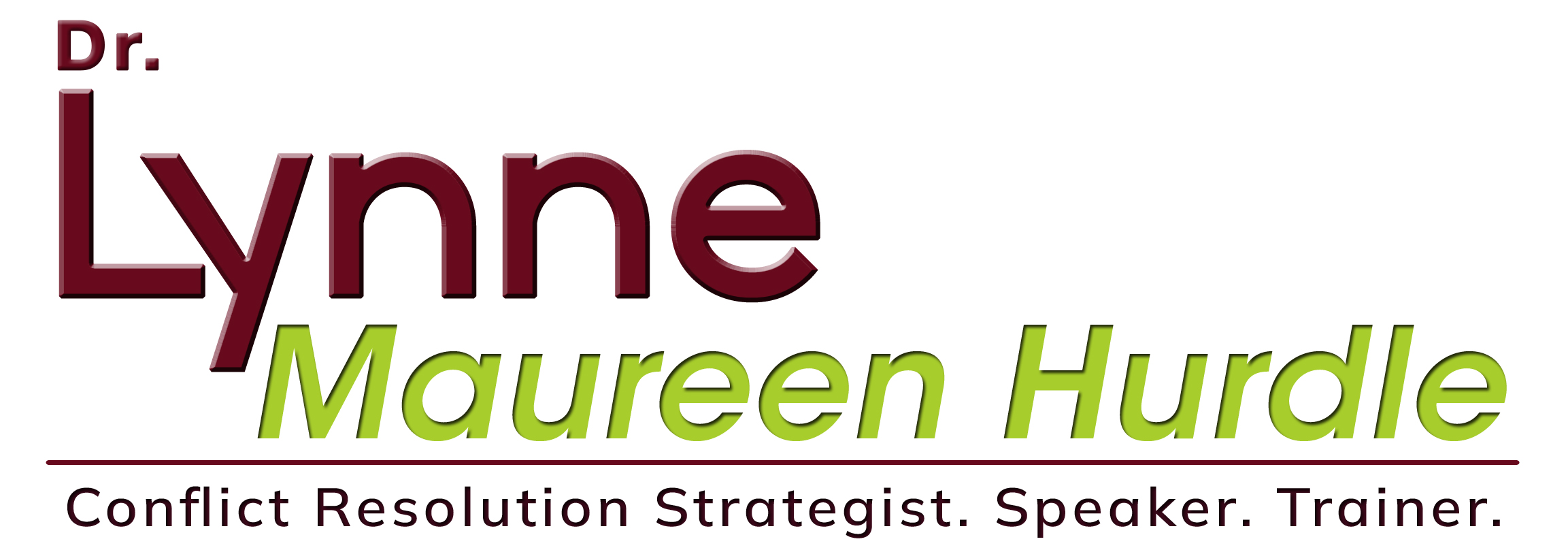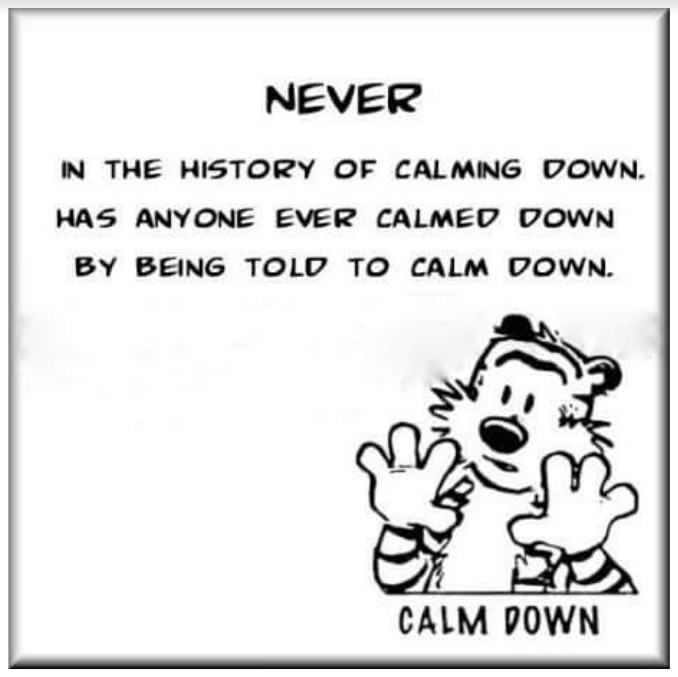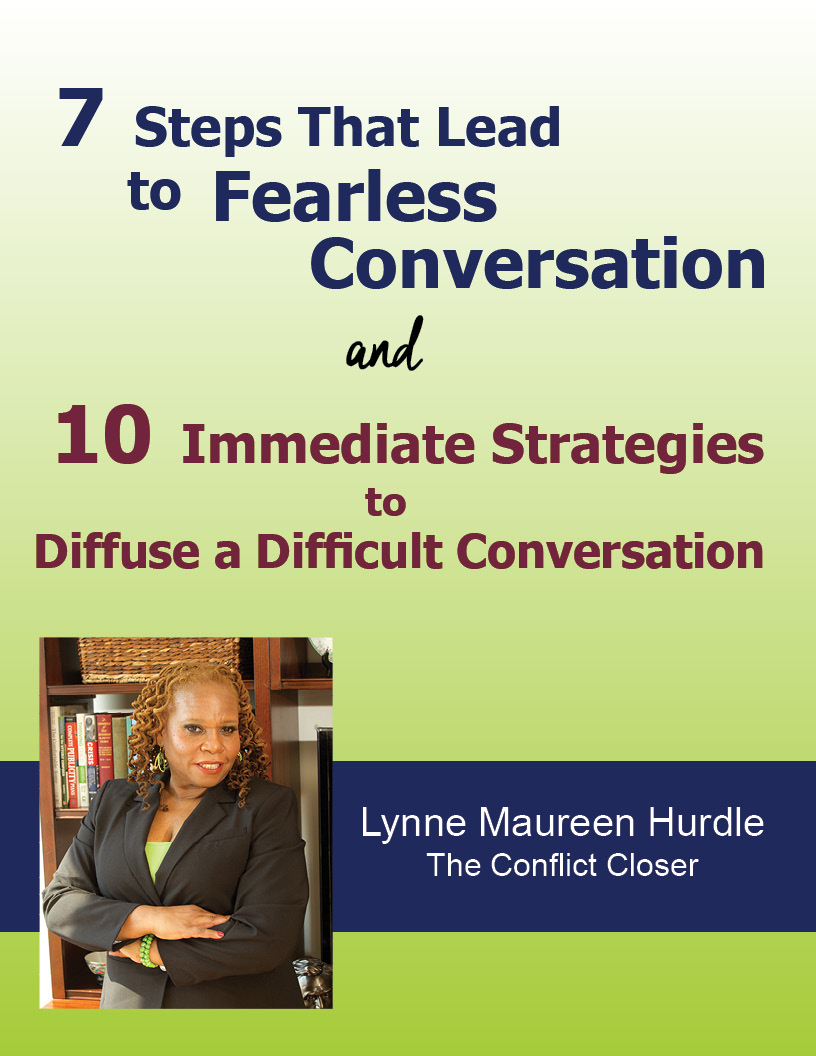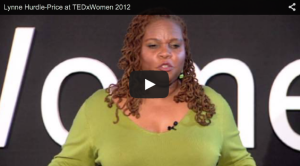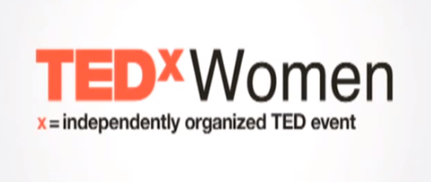I spent some time watching a scene play out in a company I was about to start consulting for. One person was clearly agitated and complaining way too loudly about a co-worker to another colleague. The colleague was trying to explain their perception of what had taken place, but was not being heard and, in fact, it seemed to get the other person more heated.
As this person is pacing back and forth and gritting their teeth while listing off a slew of additional complaints, the colleague uttered the words that most people reach for in situations like this.
Calm Down.
I already knew what was coming next and the reaction it would receive.
And I was absolutely right. The situation got worse from there with the conflict now diverted to this person almost yelling at their colleague, “Don’t tell me to calm down, I am calm!!!” Of course, it took everything in me to contain my knowing laughter. I watched for a little while longer as the colleague tried to give advice about how to handle the situation, but was completely ignored.
The colleague finally gave up right at the time I was called into the office of the person I was there to see and began to walk past me as I stood up. I started to do some deep belly breathing and said, “Tough situation, I find taking some time to regulate my breathing helps.” We took five deep breaths together before we both went our separate ways.
Unlike their colleague, this person was willing to be coachable. Many of us learn conflict resolution skills and talk a good game about the importance, but when emotions hit and take us to a place of escalation, we refuse to be coachable. Granted the person trying to talk us down needs some skills on how to do that properly and saying “calm down” seldom seems to work. But the responsibility is on us to remain open to being coachable through the conflict.
Start by recognizing when someone is trying to coach you through the situation. Often, we see them as ruining our right to lose it if we want to when in actuality they may be trying to avert further escalation.
Develop an awareness of your body signals that are telling you that things are getting heated and see that as a sign that you need to catch yourself escalating.
Know how to bring yourself down. Anyone who knows or works with me understands the power of the breath, because I am always using it to demonstrate the control we have over ourselves through proper breathing if we choose to execute it in the heat of a conflict.
Tune in to your emotions and give them some attention. Know your feelings and why they are surfacing in this particular situation which usually means you are going to have to PAUSE…
Ahhhh… the power of the pause. So few of us have been introduced to it, because we are so acclimated into this clapback, quick retort society, we are convinced that taking a step back in silence makes us look weak. Step back from the situation to tune in to yourself, your reaction, the other person, and what is actually taking place before you can offer some clarity and a chance to cool down a bit.
I’m not trying to take away your passion for the conflict, just asking you to know exactly what you are in conflict about and what might be your best options for expressing it.
When you are able to do all of this during a moment of heat, you open yourself up to being coachable. There’s no shame in receiving help with conflict, we all need it for a moment or for a season in time.
Take a moment right now to be honest with yourself. When it comes to conflict Are You Coachable?
I am here if you need me. (Coaches services I offer.)
Our next On the Matter of Race Journey begins in January 2024. Get on the waitlist here.
Our third free online OTMR Summit will be held November 13th-16th. Get ready! Registration is open now here.
In Love,
Lynne
